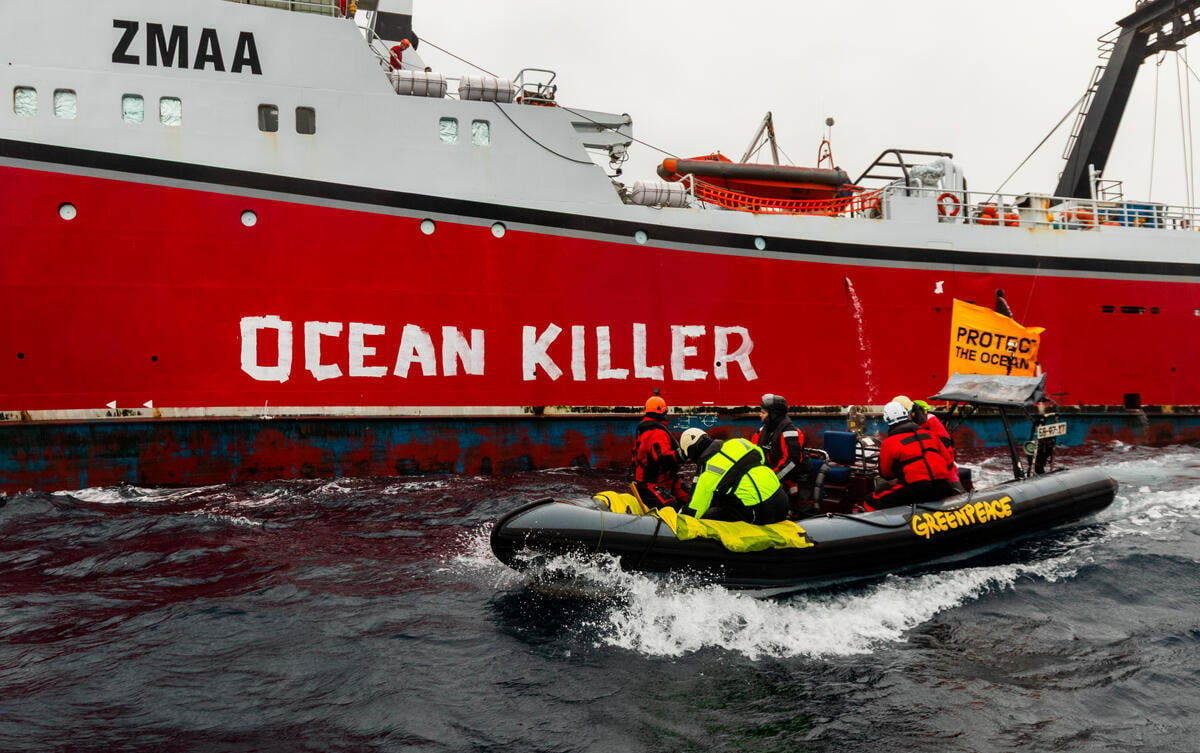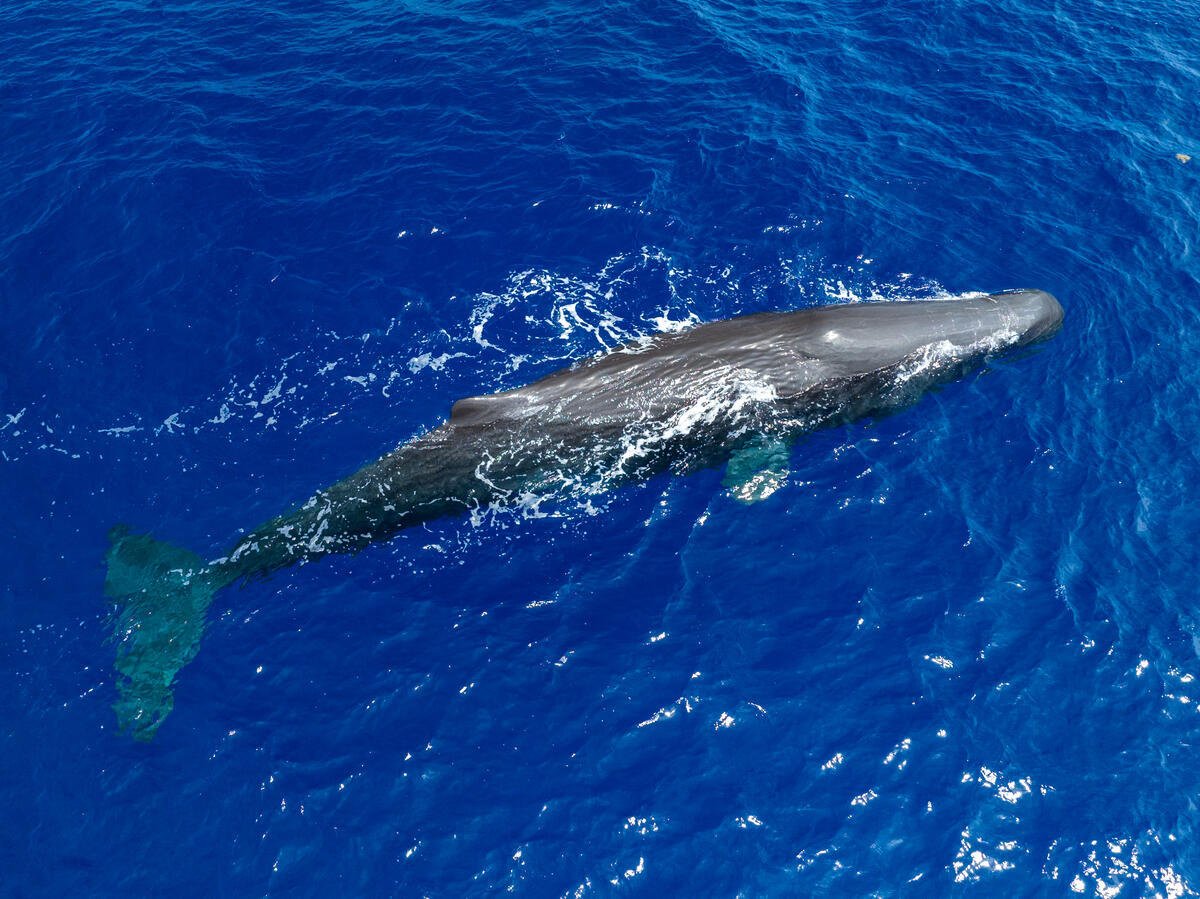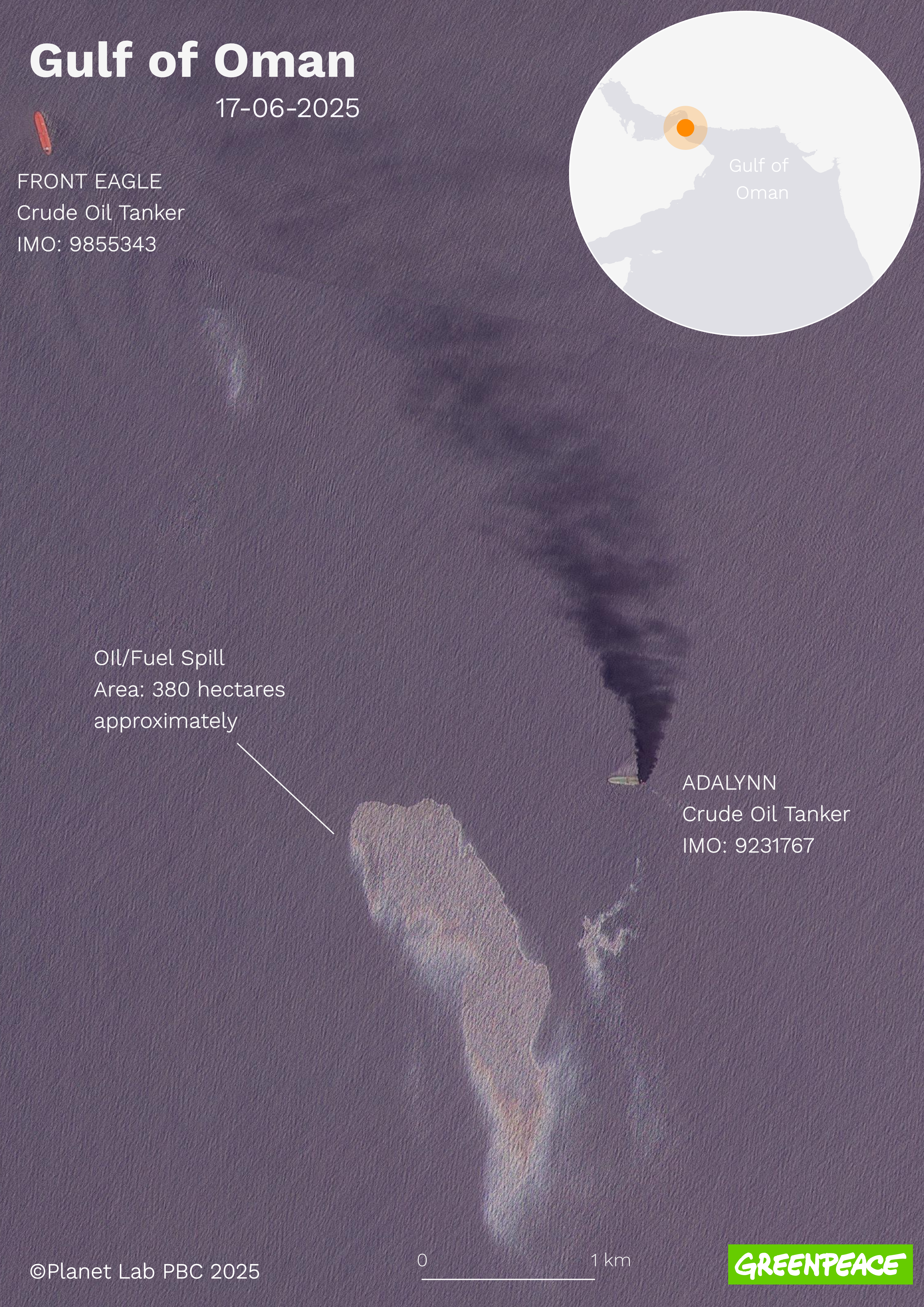Kingston, Jamaica – The final negotiations to stop deep sea mining from starting at the International Seabed Authority in Jamaica, will end today. The disappointing outcome could leave the seabed at the dangerous mercy of a destructive deep sea mining industry, despite recent success of the historic UN Ocean Treaty, and more governments calling for a precautionary pause. Today’s talks mark the last occasion that governments have to agree how to respond to an imminent deep sea mining application before a commercially-imposed ultimatum expires in July.
Louisa Casson, Senior Campaigner, Greenpeace International Stop Deep Sea Mining Campaign said: “Governments are recklessly leaving the backdoor open for deep sea mining to sneak through and start operating later this year. They’ve fallen short of overturning the bias towards deep sea mining at the heart of this so-called regulator and have kicked the can down the road, leaving us all in jeopardy from this dangerous industry. This deeply irresponsible outcome is a wasted opportunity to send a clear signal, hot on the heels of a historic Global Ocean Treaty, that the era of ocean destruction is over.”
During the past two weeks, governments at the ISA have been forced to debate whether to block or allow deep sea mining to start.[1] The talks have failed to address the concerns of scientists and Indigenous Peoples and now, even in the absence of any rules and regulations, deep sea mining interests intend to compel governments using a controversial legal process to “consider and provisionally approve”[2] a deep sea mining application, any time after 9 July.
The world is waking up to the significance of the threat from deep sea mining. The past fortnight has seen Indigenous advocates reject deep sea mining, scientific warnings of the risks grow ever stronger, and the longest-standing and biggest corporate backer of the industry call it quits.
Solomon Kaho’ohalahala, seventh-generation native Hawaiian descendant from the island of Lānaʻi and observer to the ISA negotiations said: “Our heritage and responsibility is to care for our ancestors that precede us and give us life. Therefore we must protect the deep seas as the place of our creation. It is our deep past, our present and the path of our future. It is our country and no one should destroy the place of our creation. It is our aboriginal Hawaiian cultural heritage, identity, tradition and source. It cannot be ignored by the ISA and disregarded in its irresponsible actions to intrude in my creation and for humankind”.
“The deep sea mining industry will keep using every trick in the book to get its mechanical teeth into the ocean floor – supported by the so-called regulator. Despite growing politicians saying the industry must be stopped from starting, governments’ hesitant approach at the International Seabed Authority is totally inadequate. If they don’t take action, they’ll sleepwalk into a future where they let deep sea mining happen”, said Casson.
“It’s time for governments to see the writing on the wall – and confine this industry to the dustbin of history”, concluded Casson.
ENDS
Notes:
[1] The deep sea mining industry has forced governments’ hands, using an obscure and controversial legal loophole to set an ultimatum for governments. In 2021, the president of Nauru together with The Metals Company’s subsidiary Nauru Ocean Resources, triggered the “two-year rule” that puts pressure on governments at the ISA to allow deep sea mining to start by July 2023.
[2] Agreement on Part XI of the UNCLOS
Contacts:
Sol Gosetti, Media Coordinator for the Stop Deep Sea Mining campaign, Greenpeace International: [email protected], +44 (0) 07807352020 WhatsApp +44 (0) 7380845754
Greenpeace International Press Desk: [email protected], +31 (0) 20 718 2470 (available 24 hours)



